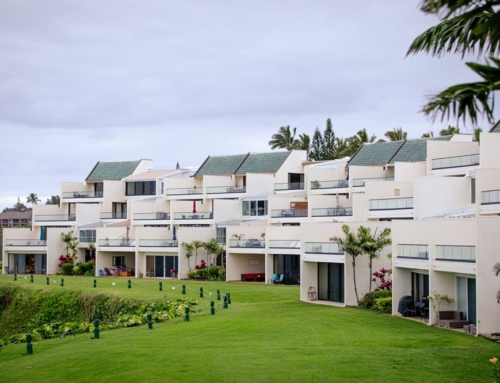Some seven years ago, during the height of the real estate boom in Chicago, a recently-married couple decided to buy a home.
They began looking at single-family houses and condominiums in family-friendly neighborhoods. Before they had seen much, they found a condo they liked. It didn’t have everything they wanted, like a parking space, but it had outdoor space.
The couple bought the unit, and paid a good price for it. Too good, as it turned out. The real estate market for vintage units crashed the next year. When they finally sold the unit, they ended up taking a small loss.
One of the most important things you should do before you buy a home is to think about how difficult it will be to sell.
It’s not as easy as it sounds. Over a period of five to seven years, neighborhoods and schools can change for the better or worse. A recession could hit. A municipal dump can be designed and opened. A developer could tear down the buildings on the corner and build a large condominium complex. Your street could be widened.
All of these things, and more, affect the value of your property. Your job as a buyer is to calculate the odds of these changes occurring and how much easier or difficult it will be to sell a particular home.
Here are some things to think about:
-
Location, location, location. Location doesn’t just mean which city or suburb you pick, but which neighborhood within that city, and where on a particular block your home is located. Think hard before buying a home with an obvious defect. For example, if you grew up near train tracks, it may not bother you to purchase a home that backs up to the railroad tracks. Still, the noise and vibration will likely be a strong deterrent.
-
Toxic issues. Just as you’d check out a house for asbestos, lead, radon, and buried storage tanks, you should spend some time checking out your future neighborhood for toxic problems before you buy.
Look out for nearby dumps (within a mile radius of your future home), chemical or industrial facilities, polluted streams and rivers (or formerly polluted), and high power electrical tension wires (“power towers”). Some folks have started to complain about the mobile telephone radio towers sprouting up like weeds. Though these, and others, may or may not directly affect your day-to-day quality of life, the fact that they exist near or in your neighborhood could affect your future ability to sell.
You should also be on the look-out for future dangers: gas stations (or land on which they could be built), dry cleaners (which clean on the premises), and former industrial or light industrial sites.
-
Physical condition. You may think it just needs decorating. But the cracks in the walls and piles of sawdust in the basement may tell a different story. It’s a good idea to have any home you want to purchase checked out physically by a professional home inspector. If you’ve got questions about the building’s structural integrity, hire a licensed structural engineer to go over the home inch-by-inch.
-
White elephants. While it’s important that you don’t purchase the most expensive home on the block, it’s equally important that you buy a home that has the minimum standard amenities for your neighborhood.
If parking is at a premium, think hard before you buy a home that doesn’t have a designated place for you to put your car(s). If everyone else in your development has 4 bedrooms, it may be more difficult to sell a 3-bedroom townhouse. A home on a busy street may sell more slowly than a home on a quiet street around the corner.
-
Don’t overpay. Bad timing and allowing your emotions to override your objectivity can lead you to overpay for a home. If you overpay, it’s more likely that you’ll want to list your home for that much more to recoup your investment and build-in profit. That’s fine if you’re selling at the height of the market. But if you have to sell your home in a down market, you could lose big bucks. Bottom line: bid conservatively, especially if there are no other buyers interested.
-
How long has this home been on the market? Finally, if the home you’re interested in has been for sale for years, you have to ask yourself why. If the property checks out physically, and is in a good location, the answer may be poor decorating, and you might’ve found a real bargain. But look carefully for another reason. Otherwise, you might find yourself waiting for a year or more until a future buyer comes through with a contract you can live with.
Sept. 23, 1996.






Leave A Comment